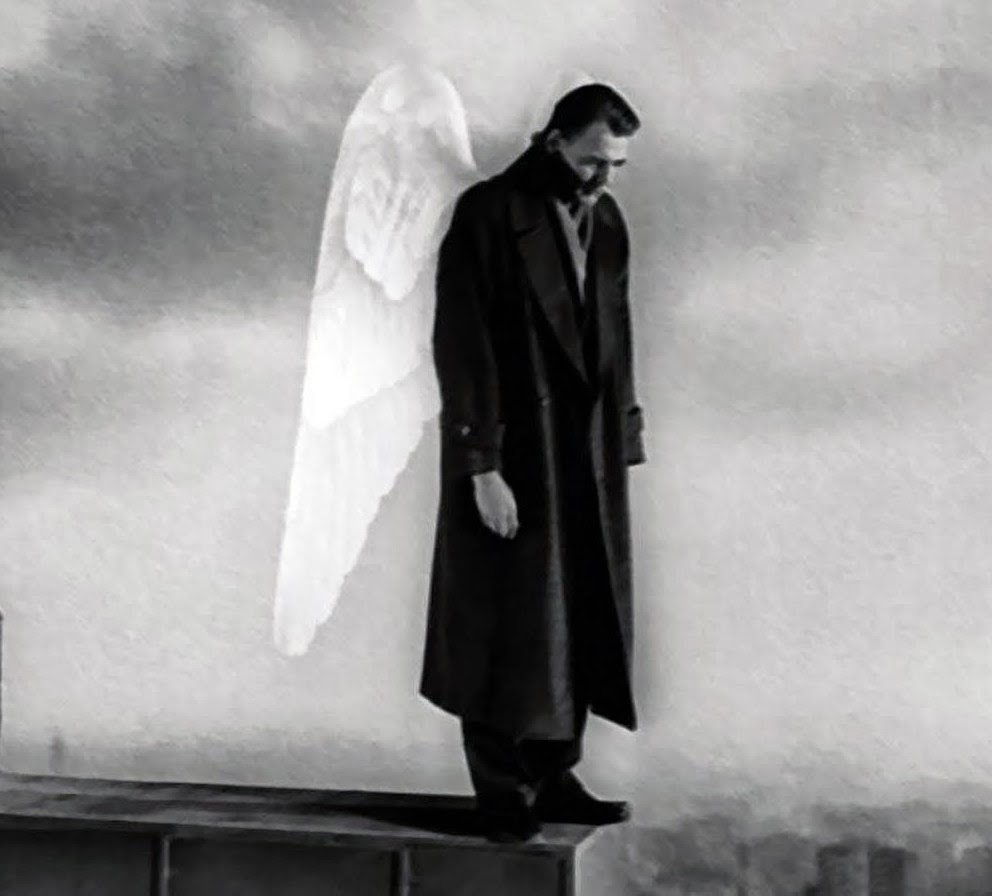Book Review – Peter Tyler
Taboo or to do? Is Christianity
complementary with yoga, martial arts, Hallowe’en, mindfulness and other
alternative practices?
Authors: Ross Clifford and Philip Johnson
Date: 2016
Publisher: Darton, Longman and Todd
ISBN: 978-0-232-53253-1
pp 224 pbk
Successive
waves of non-Christian belief and practice have been hitting the shores of
Christianity in the past few decades. Following in the footsteps of the Beatles, the ‘West’ has become
fascinated with, successively, Transcendental Meditation (TM – remember that?),
yoga, Tai Chi, and latterly, mindfulness. Each in its way has held up the
promise of spiritual and emotional wellbeing, usually through the pursuance of
certain programmes, courses, and nowadays, apps or online interaction. The
authors of this new book – two Australian Baptists – round up all these with
many of the usual suspects in the battle to keep Christianity untainted by such
distractions: astrology, tarot, and even aromatherapy, crystals and angels. The
result is an interesting and diverting book, not least in the insights it
throws on the unease these practices have caused in some quarters of
Christendom. From a Catholic perspective, and to give the authors their due
they respect this, this of course is nothing new. We are reminded (p.206) that
during the re-evangelisation of Britain by St Mellitus he was advised by Pope
St Gregory the Great not to destroy pagan temples but to ritually purify them
and re-consecrate them back to Christ. This is largely the position the authors
adopt in their survey. Taking each practice in turn they examine the case for
and against the adoption of the practice and offer what they call ‘case
studies’ for discernment of each. I get the sense that this will be enormously
helpful for the readership to which the book is intended (probably not this
reviewer) and will help many Christians who are unacquainted with such
practices to feel less threatened by them. The weakness in the book lies in the
potted biographies of each practice. For a book of this size one cannot expect
in-depth academic analysis however some of the summaries do appear on the
facile side and any practitioner of Buddhism, Hinduism or Taoism reading the
book would probably be shocked by some of the trite generalisations made. Not
to mention the Roman Catholic reader – one of the few RC’s mentioned, Dom Bede
Griffiths OSB, is considered ‘out there’ and the text has several odd statements
such as suggesting All Saints’ Day might be celebrated in a church the evening
before (isn’t that the whole point of All Hallows Eve?) and the even more
startling: ‘we know of churches where angels are taboo’! That said I applaud
the open-mindedness of the authors which is probably not so easy considering
the milieu from which they are operating. However the authors might profitably
have learnt more from Christians living in societies such as India who have had
to deal with these interactions for millennia and have made a fine art of
sifting the helpful from the unhelpful amongst the spiritual practices within
which they find themselves immersed. Generally the presentation is fine, apart
from some annoying typos and the continuing DLT trend not to include an index –
which really should be curtailed – and in this instance no bibliography either.
Douglas Adams is quoted on p.208 and to quote the master again, in the view of
the authors the practices discussed are ‘mostly harmless’. However in
expressing ‘the need for the Christian community to show maturity and take a
lead’, to accept that we live in ‘a syncretistic world’ and realise that we
must carefully discern how to ‘exercise Christ-honouring discipleship without
“demonizing” other ways of approaching life’ the authors are to be
commended.
Peter Tyler
September 2016


No comments:
Post a Comment